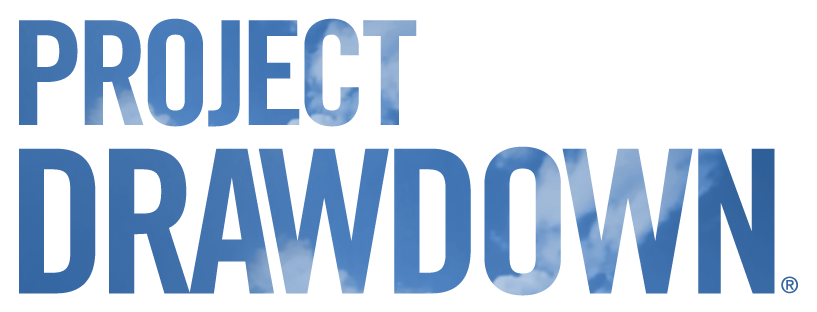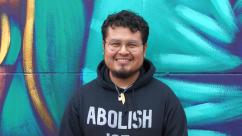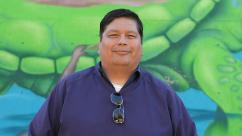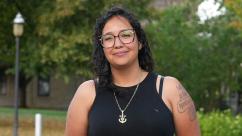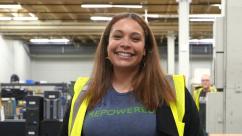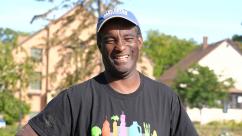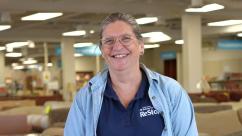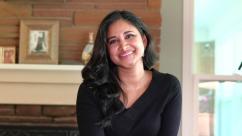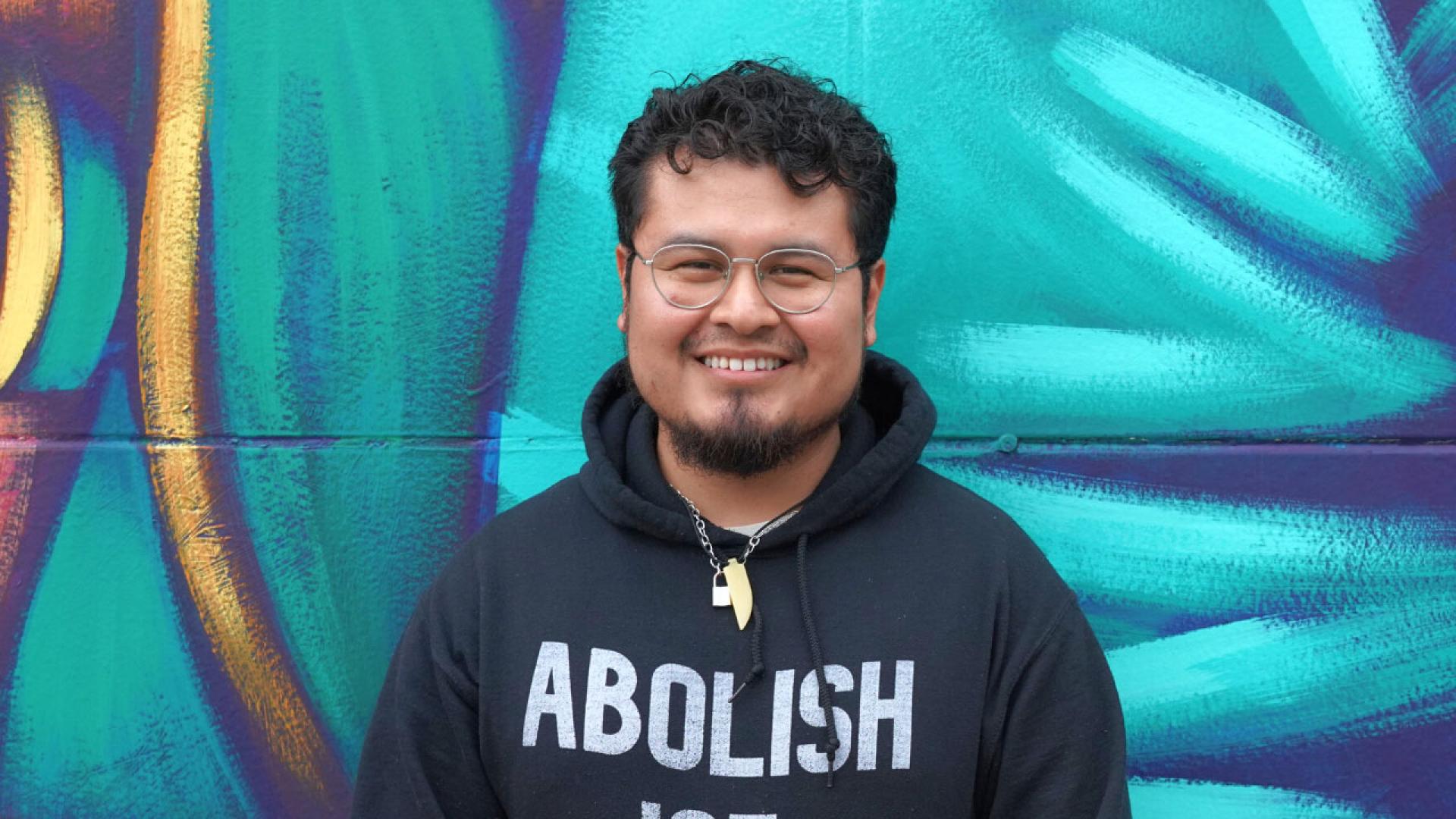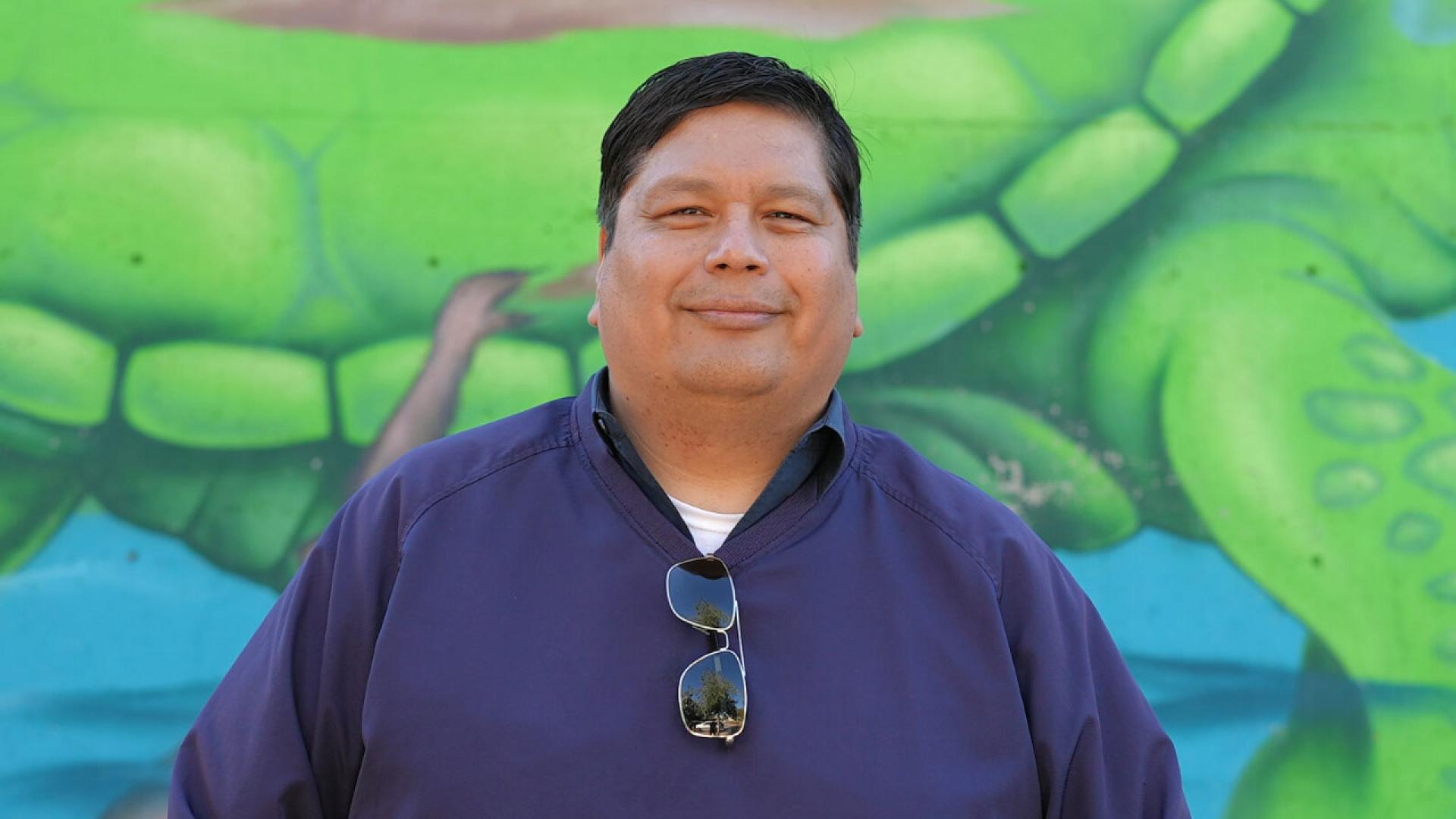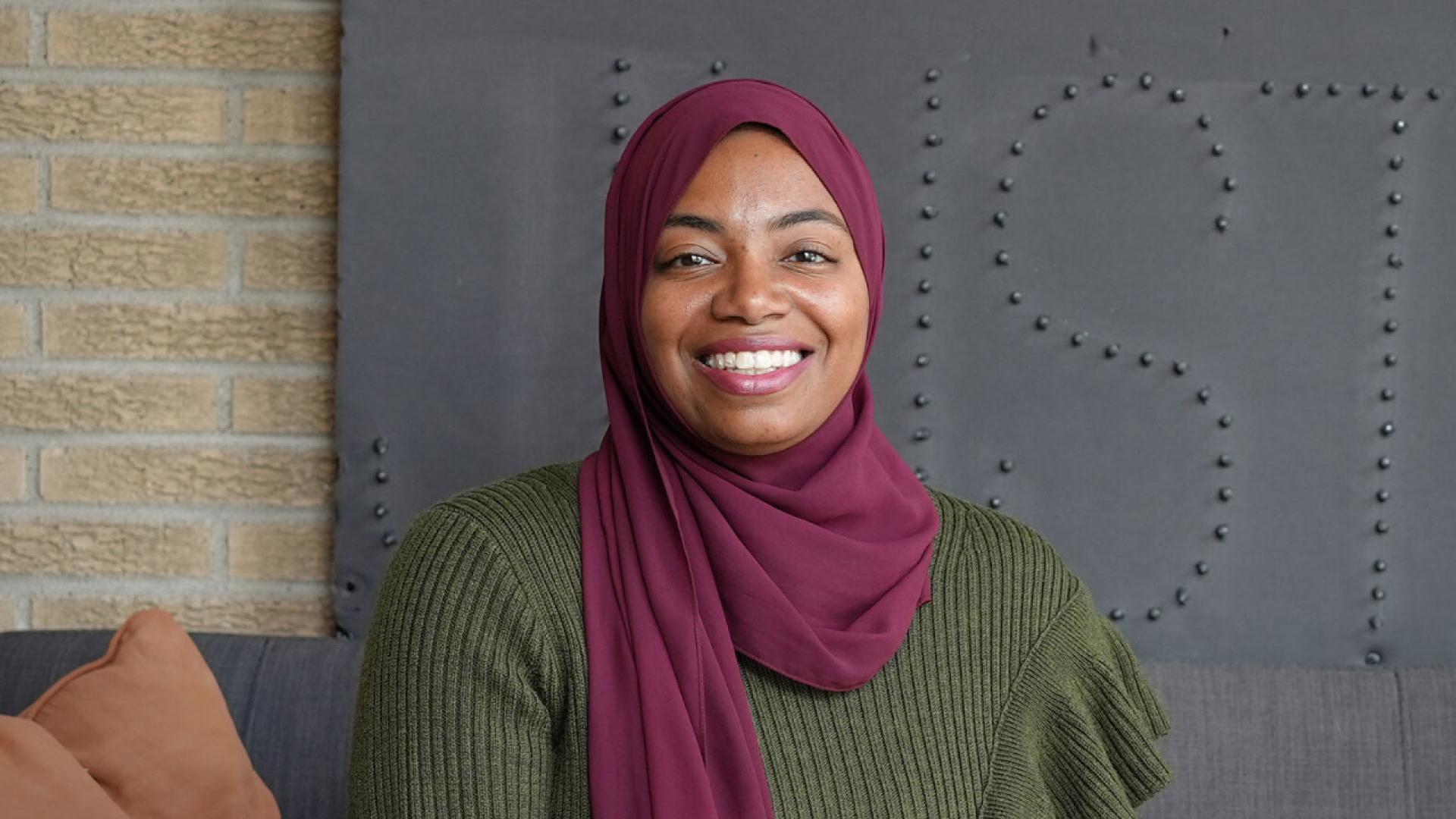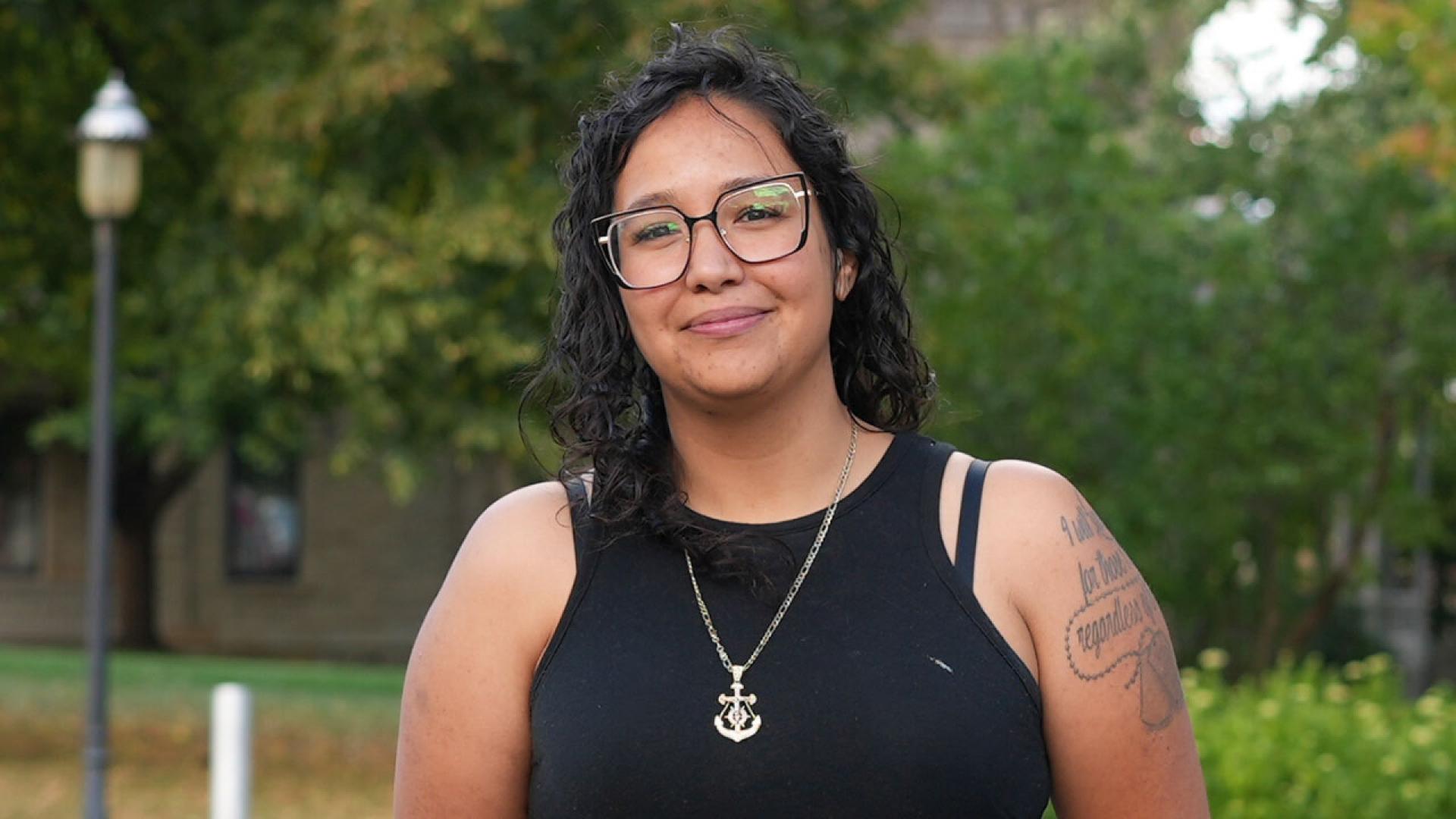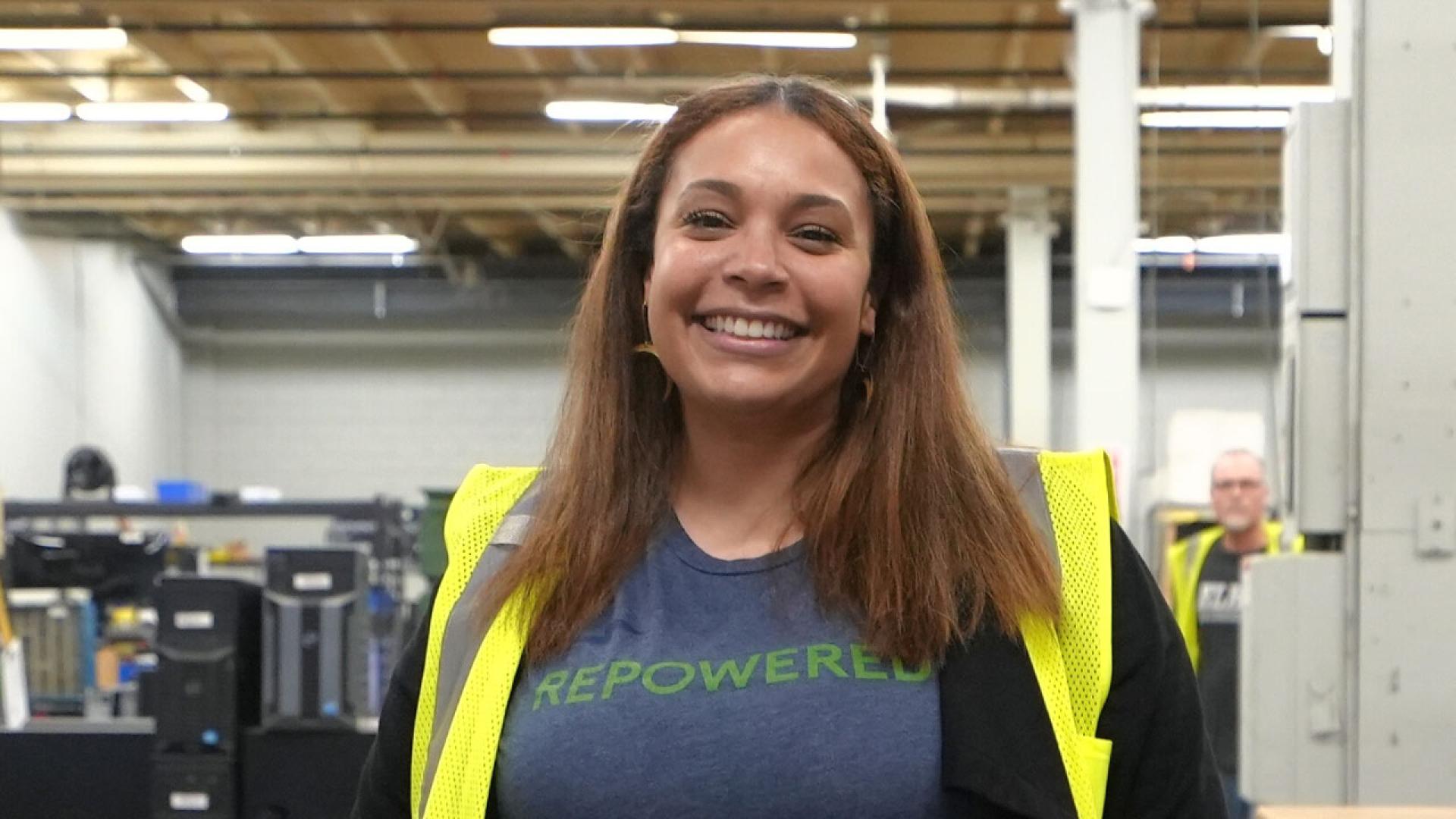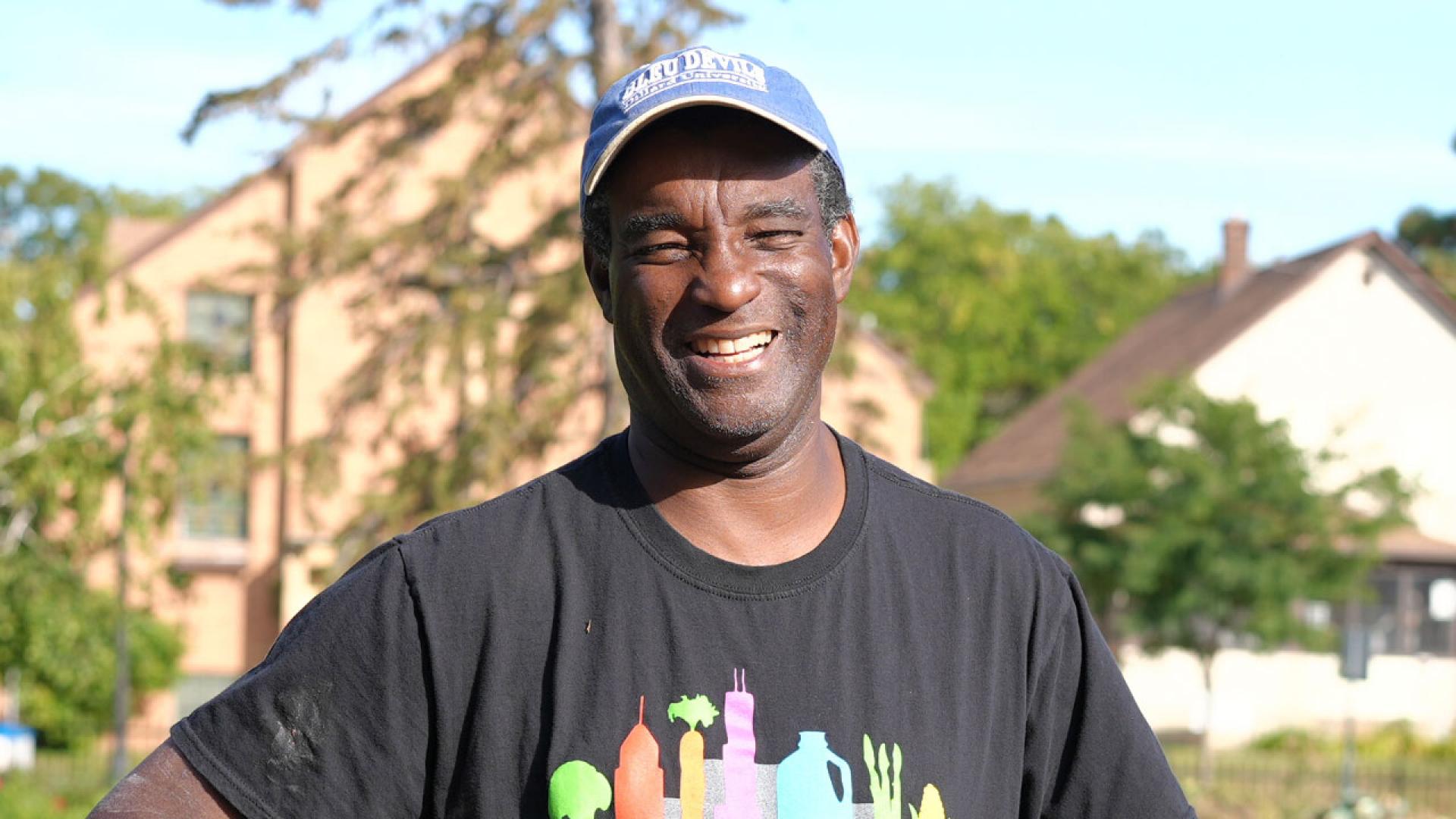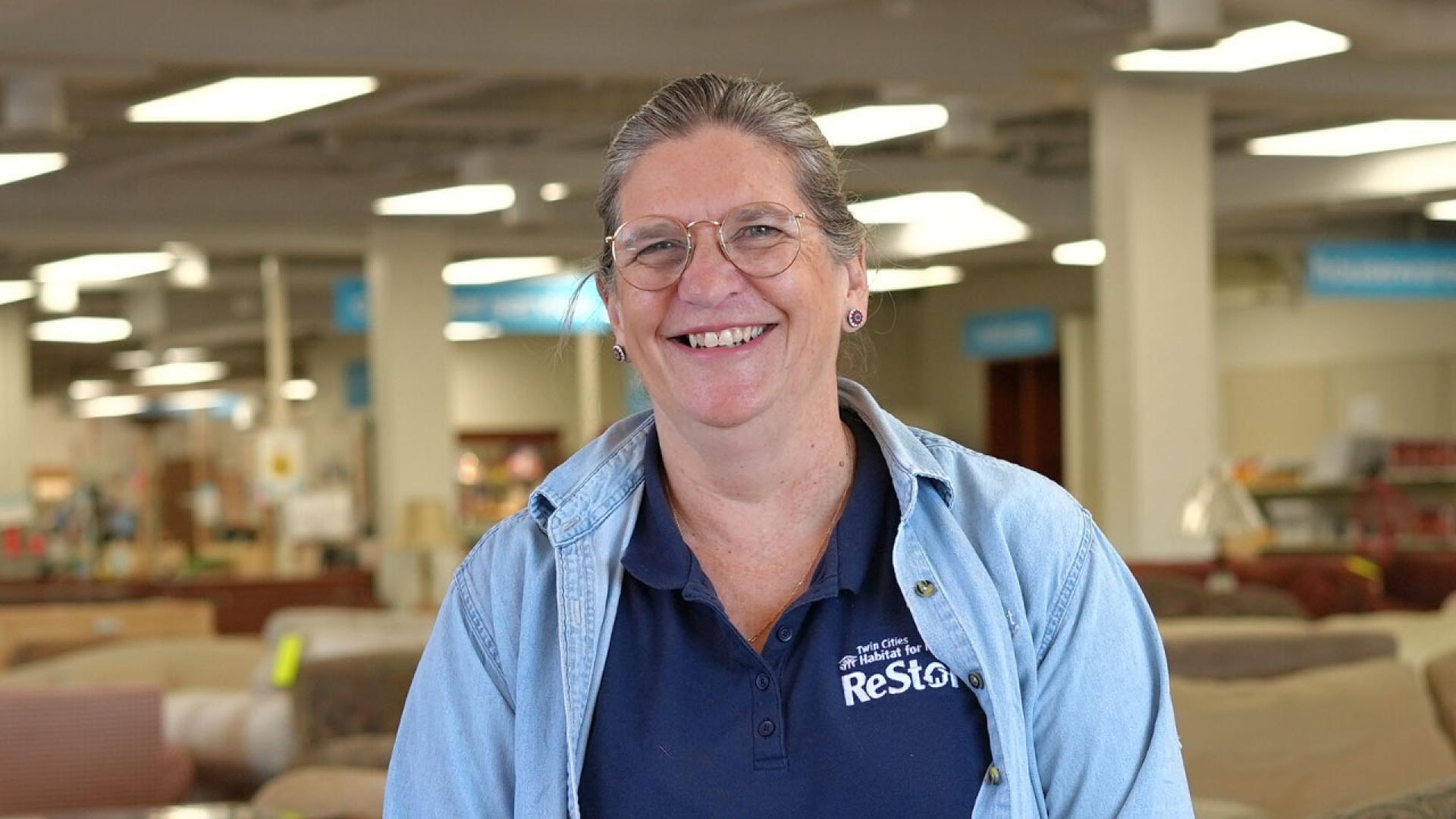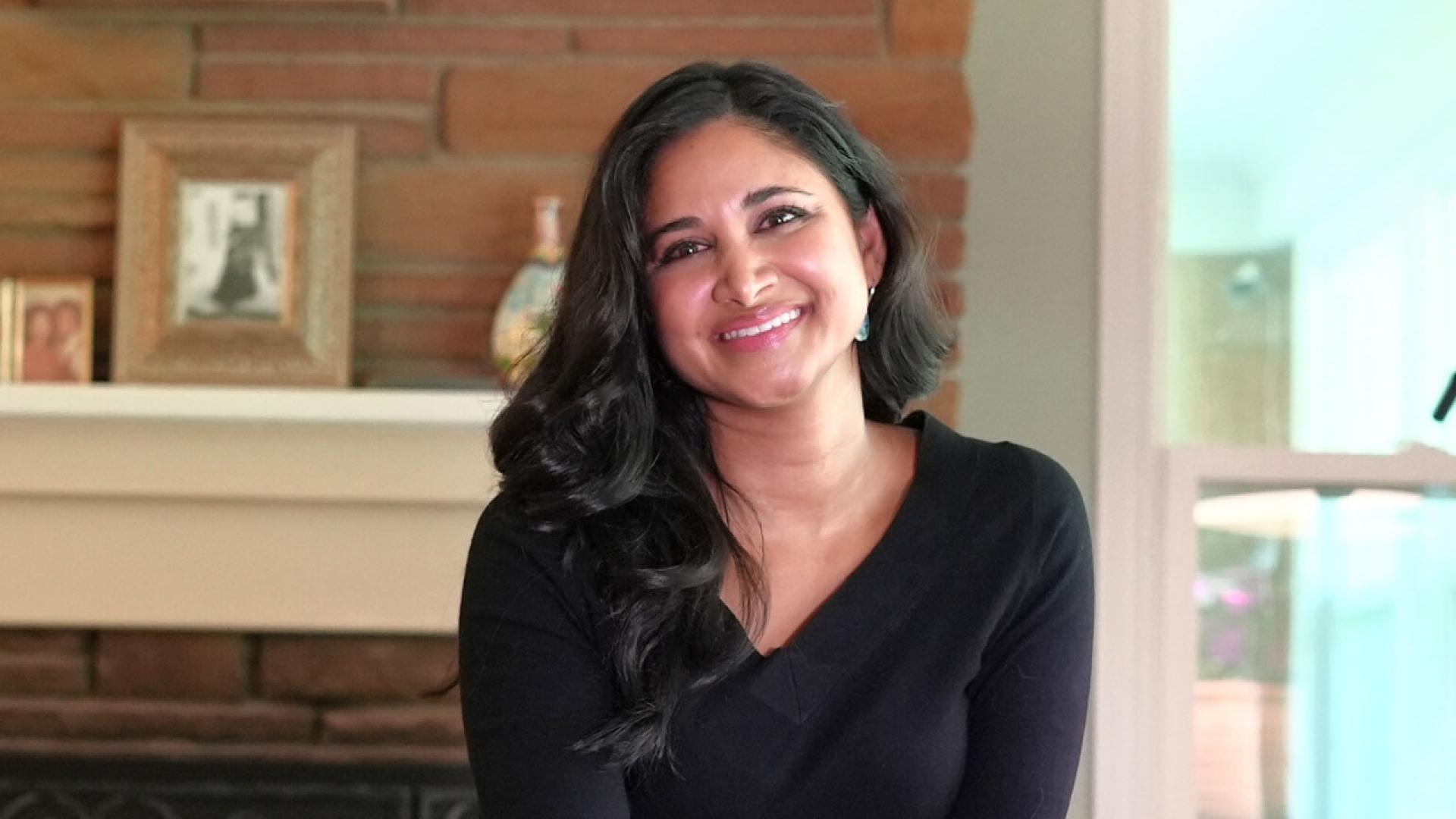Alboury Ndiaye: Smarter Waste Choices For A Healthy Planet
In this Episode
Alboury’s Story
Waste is a significant contributor to climate change, and when it ends up in our landfills, it breaks down, producing planet-warming greenhouse gases like methane. Alboury Ndiaye is a Waste Wise Sustainability Specialist who is helping to address climate change by working with local Twin Cities businesses. He raises awareness about waste and focuses on making smarter climate choices to save money and create a positive impact on our environment. Offered as a free service in select Minnesota counties, the Waste Wise Foundation creates tailored plans to enhance recycling efforts, increase the reuse of materials, implement composting, minimize the use of single-use plastics, and other waste diversion efforts that reduce spending while helping to save the planet.
Discussion Questions
One of the most important things you can do regarding climate change is talk about it.
- Alboury is Senegalese-American; his father is from Senegal, and his mother is from South Minneapolis. Growing up, Alboury’s family moved frequently and experienced different countries and cultures, including South Africa, Ghana, Senegal, and Egypt, because of his mother’s work with the U.S. Agency for International Development. Looking back, Alboury says this exposure was the experience of a lifetime. Traveling the world and having exposure to diverse geographies, beautiful landscapes, and topographies fostered Alboury’s interest in environmentalism. Seeing the differences between countries in terms of how much (or how little) infrastructure, they had to deal with waste. Specifically concerning single-use plastics, a severe problem in many places worldwide. Visiting places of significant natural beauty—like jungles and beaches covered in plastic waste—left a visual impact that has stayed with Alboury and motivates him to engage in the work he does at Waste Wise. What is a landscape or natural setting that has special meaning for you that you want to see protected? What is the name of that place, and why is it important to you?
- Adjusting to life in the United States was sometimes a challenge for Alboury. He explains that it felt like he had to mold himself to fit in, a process he describes as “a watering down” of himself to be more palatable to others. While at the University of St. Thomas, Alboury went by the nickname “Al” because it was easier for people to pronounce, but now he has realized that it is important to him to be called by his full name. Reclaiming his name has helped Alboury to feel more connected to his identity. Have you ever felt the pressure to fit in with a group of people? Did you think you needed to change who you were to find acceptance in that group? How might Alboury’s story inspire you to be truer to your identity?
- After college, finding meaningful employment in the environmental field was challenging. Alboury shares that he had a lot of passion but needed more professional experience. As a result, Alboury worked odd jobs in the service industry as a cook and a bartender. Even though not a part of his original employment plans, he says that working in food service taught him a lot about himself and others. Working with people and developing strategies to help them energizes Alboury the most in his work at Waste Wise. What is an experience that taught you more about yourself or others? How might we take that spirit of curiosity and openness to adapt when things don’t go as planned?
- For someone looking to be in a “green career,” Alboury shares the importance of connecting with local efforts and organizations to show up, learn, and gain exposure to solutions that will help you realize what excites you and the path you want to travel in your professional career. For Alboury, joining the Minnesota GreenCorps, an Americorps program administered through the Minnesota Pollution Control Agency, served as an excellent opportunity to work hands-on in the sustainability field while being supported by a robust network of environmental professionals in the Twin Cities. As a MN GreenCorps member, Alboury was paired with his alma mater, the University of St. Thomas, to support the campus office of sustainability initiatives in energy conservation, waste diversion, and reducing emissions in transportation across the campus. How did Americorps give Alboury exposure to sustainability career paths and the support he needed to find a job in what can sometimes be a competitive field?
- Alboury discusses the role that “imposter syndrome” has played in his life. Coming into the environmental field, he felt he needed to be an “expert” but now realizes it is okay just to admit you are learning. “There is a larger fear, as a Black man, that if you are not competent, you are going to be judged a little more harshly. One aspect of White privilege is ‘fake it to you make it’ can be a little more convincing.” Alboury explains that now he understands that it isn’t helpful to appear to have all the answers, but he knows that a continual willingness to learn is a good thing. What do you think Alboury means with his statement that “sometimes it’s better to be a facilitator than an expert”?
Learn More
Learn about the solutions in this story.
- Solution: Reduced Food Waste
- For more on all of the Drawdown climate solutions, visit drawdown.org/solutions.
- Learn more about Alboury’s work: Waste Wise Foundation
Explore Climate Solutions 101, the world's first major educational effort focused solely on climate solutions. This video series combines Project Drawdown’s trusted resources with the expertise of inspiring, scientifically knowledgeable voices from around the world: drawdown.org/climate-solutions-101.
Take Action
- Drawdown Ecochallenge, presented by Ecochallenge.org, is a fun and social way to take measurable action on the top solutions to global warming. Take the challenge, and see how a few weeks of action add up to a lifetime of change for you and the planet. If you want to take action on climate solutions like Alboury, visit drawdown.ecochallenge.org/challenges/.
- The Drawdown Labs Job Function Action Guides are practical and shareable resources that highlight specific, high-impact climate actions employees in common corporate professions can take at work.
- ChangeX connects people with proven ideas for strengthening communities with the resources needed to implement those changes. Explore countless ways to improve your community and help the world reach drawdown.
- Climate Generation's Green Careers for a Changing Climate Instructional Supplement (for Grades 6-8) contains resources to help young people learn about Green STEM Careers — careers that can help solve the impacts of climate change using STEM skills. Throughout this instructional supplement, students will be using the resource Drawdown to make important connections to solutions that these careers will implement.
- Solutions Journalism Network highlights the importance of reporting stories of climate solutions in the media to create a more equitable and sustainable world. Visit their Teaching Climate Solutions resource to find curated collections and the latest examples of climate solutions journalism.
- SubjectToClimate (StC) is a nonprofit online connector for K-12 leaders of all subjects to find materials on climate change at no cost. Explore StC’s educator-generated database to connect to Project Drawdown-based climate education resources.
Sign up to receive updates, provide ideas, and tell us how you might share Drawdown’s Neighborhood in your community.
